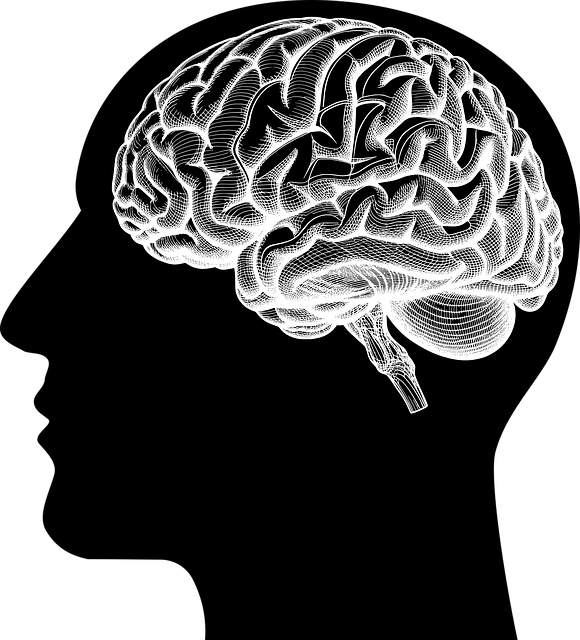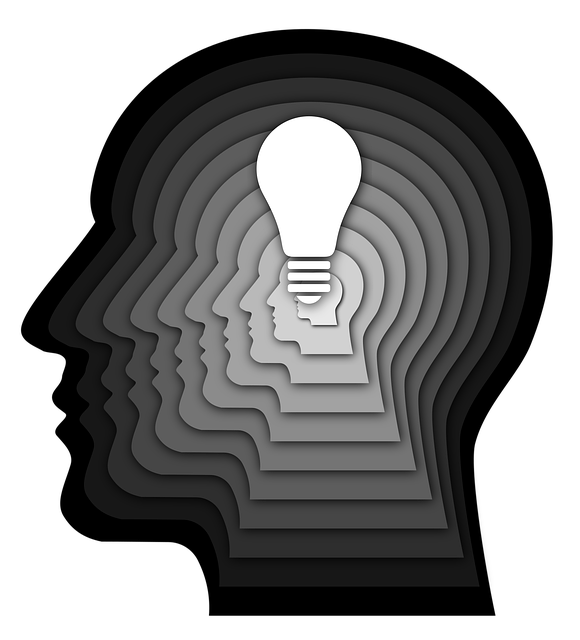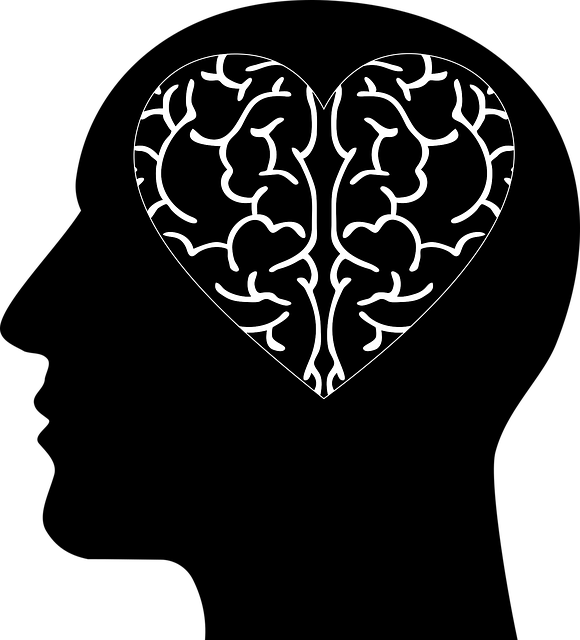Mental wellness journaling is an effective tool for self-reflection and personal growth, particularly beneficial for individuals with dissociative disorders like those undergoing Longmont Dissociative Disorder Therapy. By recording daily experiences, feelings, and insights, people gain deeper self-awareness, practice mindfulness meditation, and enhance emotional intelligence. Structured journaling helps individuals recognize dissociation patterns, facilitate crisis intervention, and promote healing through improved emotional regulation and better integration of fragmented psyche aspects. Customizing journals with tailored tools and setting specific goals enhances the process, while tracking progress through regular reflections enables witnessing growth, identifying emotional patterns, and celebrating victories on the healing journey.
Explore the transformative power of mental wellness journaling with our comprehensive guide. Discover how this personal practice can significantly enhance Longmont dissociative disorder therapy, offering a safe space for reflection and growth. From understanding its fundamentals to creating effective tools, tracking progress, and reflecting on your journey, we provide practical insights. Unleash your inner strength and embrace a healthier mind through the simple yet powerful act of journaling.
- Understanding Mental Wellness Journaling: A Personal Journey
- Benefits of Journaling for Dissociative Disorder Therapy in Longmont
- Creating Your Journal: Tools and Techniques
- Tracking Progress and Reflecting on Growth
Understanding Mental Wellness Journaling: A Personal Journey

Mental wellness journaling is a powerful tool for self-reflection and personal growth, offering individuals a safe space to explore their thoughts and emotions. It’s an intimate journey into one’s mind, where each entry becomes a record of experiences, challenges, and victories. For those dealing with complex mental health issues like dissociative disorders, structured journaling can be transformative. Longmont dissociative disorder therapy often incorporates this practice as a means to enhance self-awareness and promote healing.
By jotting down daily occurrences, feelings, and insights, individuals can develop a deeper understanding of their mental landscapes. This process encourages mindfulness meditation, allowing one to observe thoughts without judgment. Moreover, regular journaling fosters emotional intelligence by helping individuals recognize and manage their emotions effectively. As a therapeutic practice, it complements mental health policy analysis and advocacy by empowering individuals to take an active role in their well-being.
Benefits of Journaling for Dissociative Disorder Therapy in Longmont

Journaling has emerged as a powerful tool in the realm of Longmont Dissociative Disorder Therapy. For individuals navigating this complex condition, expressive writing can offer a safe and private space to explore their experiences, emotions, and thoughts. This mental wellness journaling exercise guidance encourages structured yet personal reflection, fostering emotional well-being promotion techniques that are particularly beneficial for dissociative disorders.
By documenting their days, feelings, and even traumatic memories, individuals in Longmont can gain insights into their dissociation patterns and triggers. This self-monitoring facilitates crisis intervention guidance, enabling early recognition of potential episodes and the implementation of coping strategies. Through consistent journaling practices, therapy participants may experience improved self-awareness, enhanced emotional regulation, and better integration of fragmented aspects of their psyche—all essential components in the journey towards healing and recovery.
Creating Your Journal: Tools and Techniques

Creating your journal is a crucial step in embarking on a mental wellness journey, especially for those managing conditions like Longmont Dissociative Disorder Therapy. The process involves personalizing tools and techniques that resonate with your unique needs. Start by selecting a physical notebook or digital platform that feels comfortable. Some prefer bullet journaling, where you use symbols and codes to track moods, thoughts, and activities. Others opt for free-flowing writing, allowing emotions to flow without structure. Incorporate creative elements like sketches, collages, or even stickers to make the process engaging.
Consider your goals when designing your journal. For instance, if self-reflection is key, add prompts that encourage deep thinking. If tracking progress is essential, create charts and graphs to visualize improvements. Mental health professionals can benefit from including a risk assessment section for monitoring triggers and coping strategies. Building empathy within the community can also be facilitated through journaling, with programs implementing outreach ideas sparked by personal reflections.
Tracking Progress and Reflecting on Growth

Tracking progress is a vital part of any mental wellness journey, offering individuals with Longmont Dissociative Disorder Therapy a chance to witness their growth and resilience. By regularly reviewing written reflections, one can identify patterns, track improvements, and become more attuned to their emotional landscape. This process allows for a deeper understanding of one’s healing journey, celebrating small victories and learning from setbacks.
Reflecting on personal development fosters self-awareness and encourages individuals to set new goals. It enables them to recognize the effectiveness of specific coping mechanisms or therapeutic practices, leading to more informed decisions about their mental health care. Incorporating this practice into daily routines can enhance emotional healing processes, prevent burnout, and cultivate a sense of empowerment in managing one’s well-being, all essential aspects of Cultural Sensitivity in Mental Healthcare Practice.
Mental wellness journaling is a powerful tool for individuals seeking to enhance their well-being, especially those with dissociative disorders. As evidenced by the benefits discussed in this article, particularly in the context of Longmont dissociative disorder therapy, journaling provides a safe space for reflection and self-discovery. By incorporating this practice into their routine, individuals can track progress, gain insights, and cultivate a deeper understanding of their mental health journey. With the right guidance and tools, as outlined in sections like “Creating Your Journal,” anyone can harness the transformative power of journaling to support their mental wellness.














